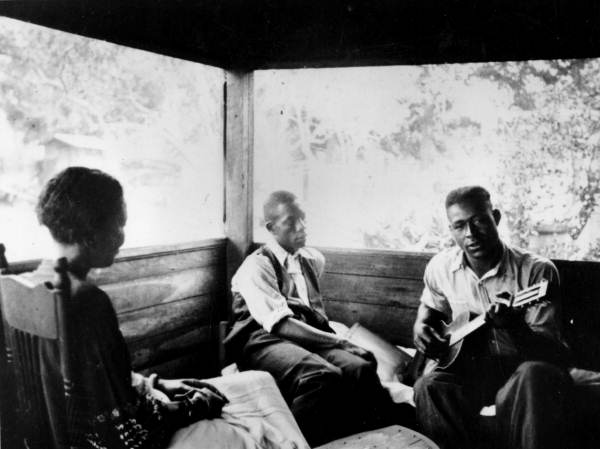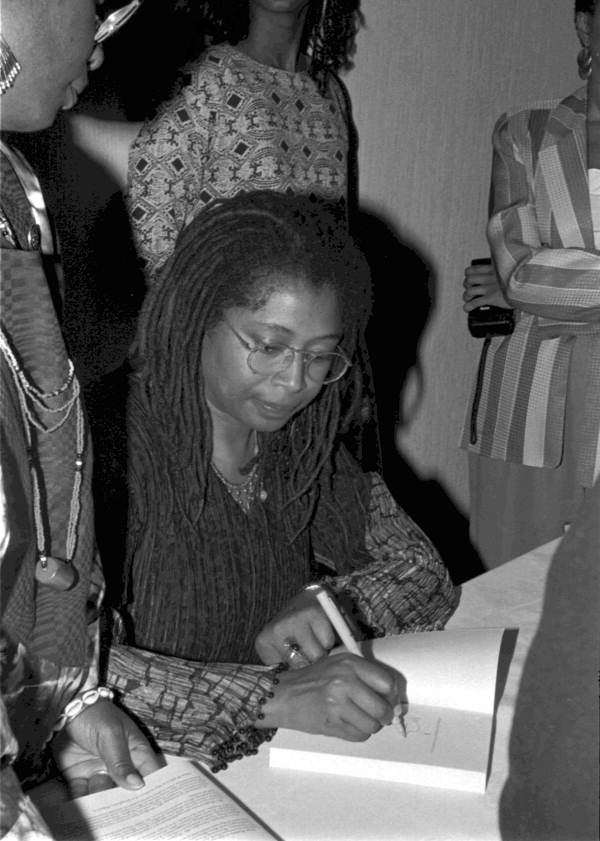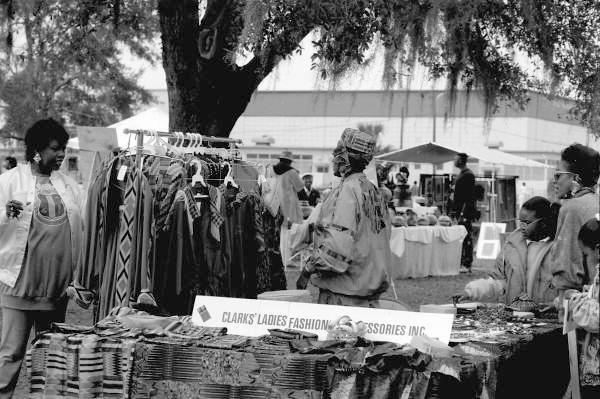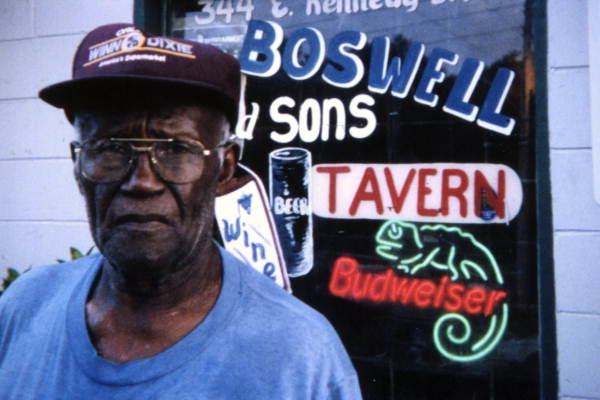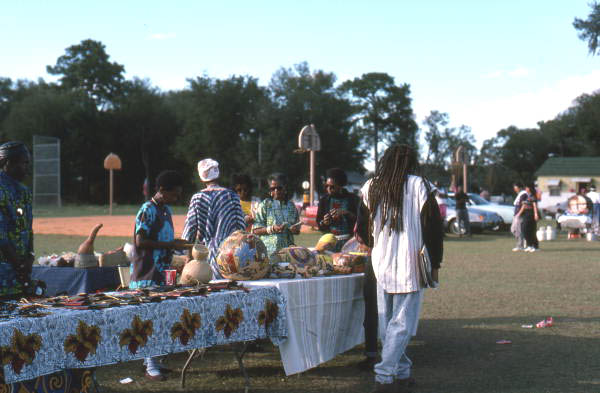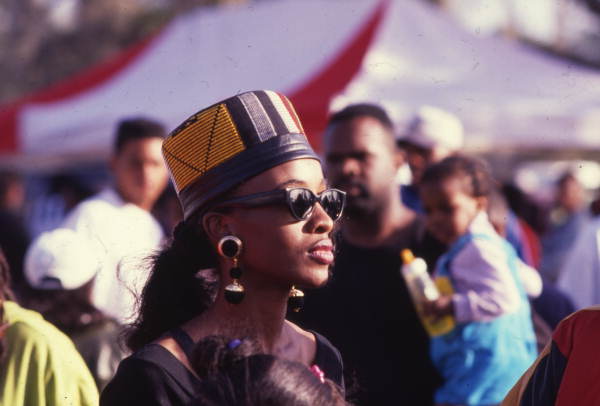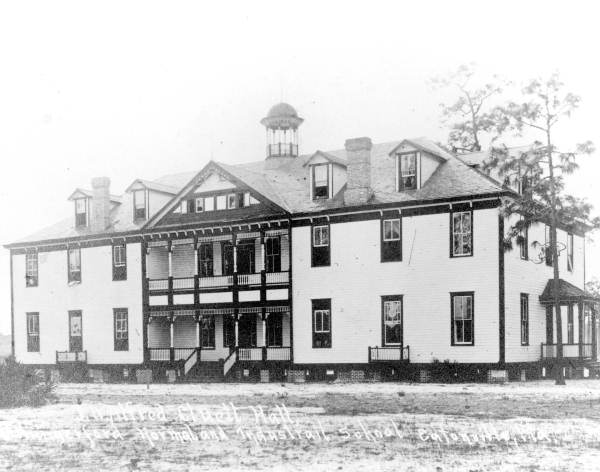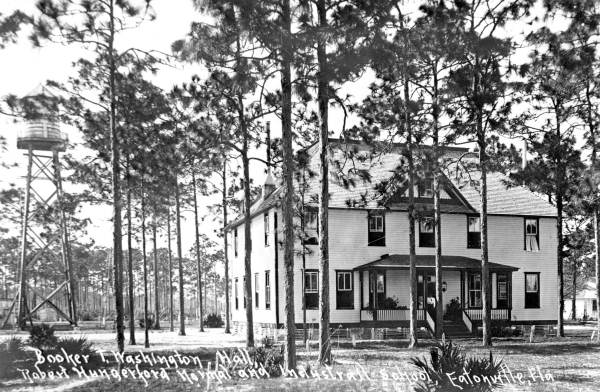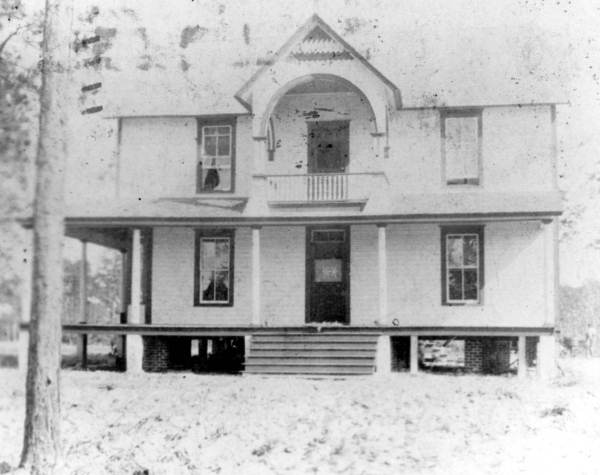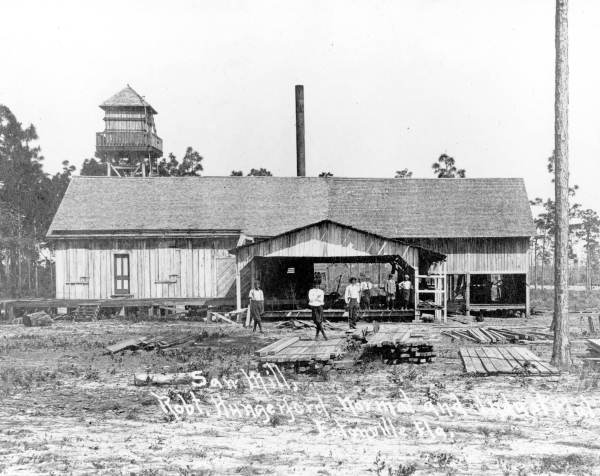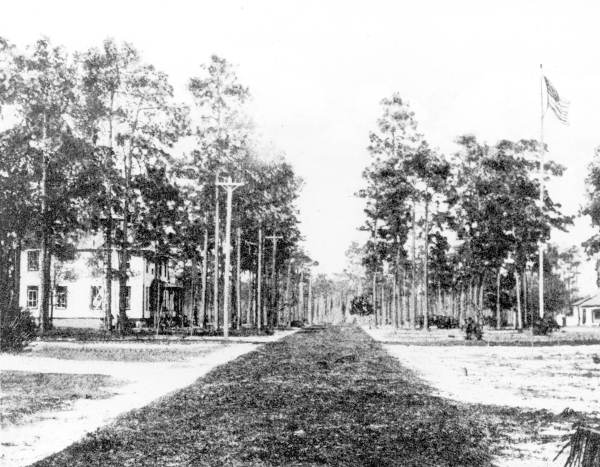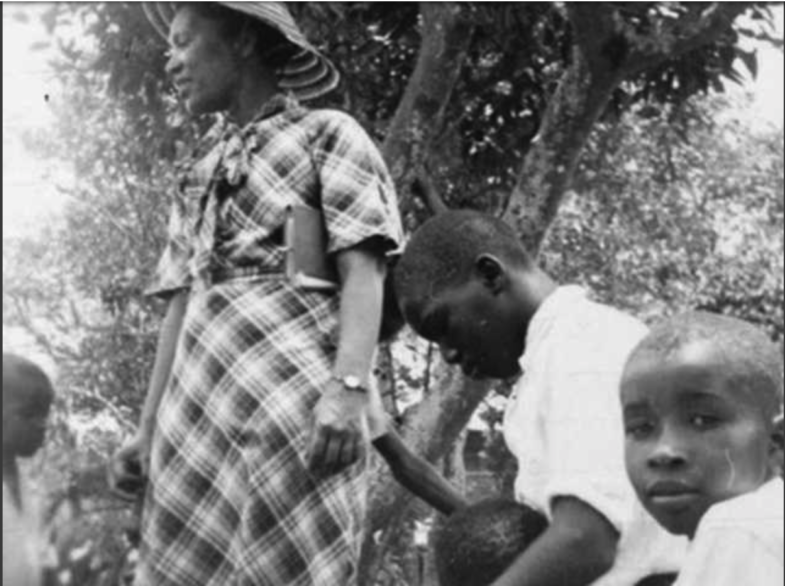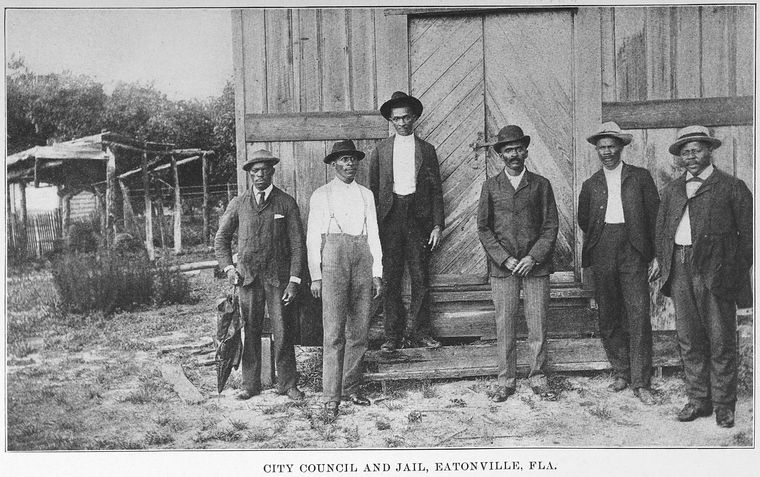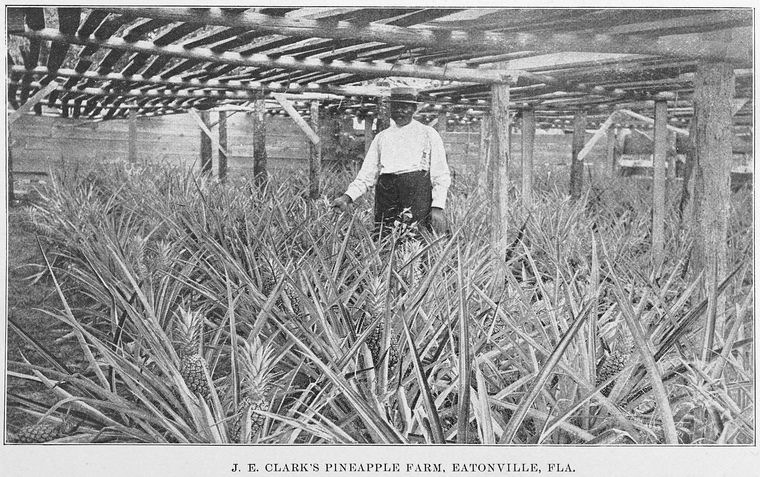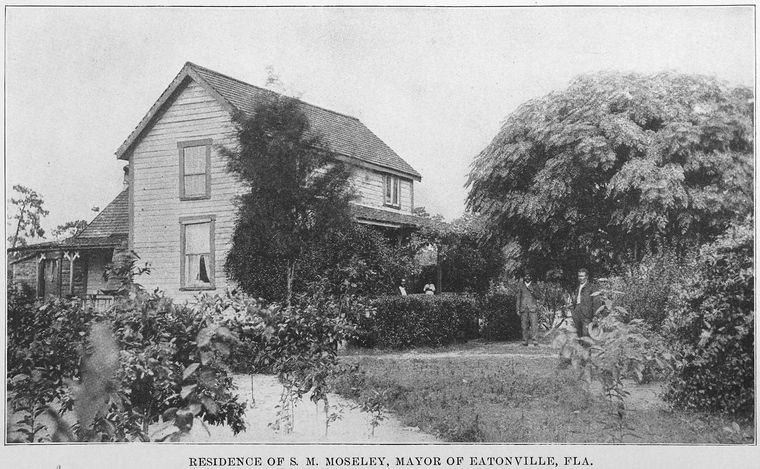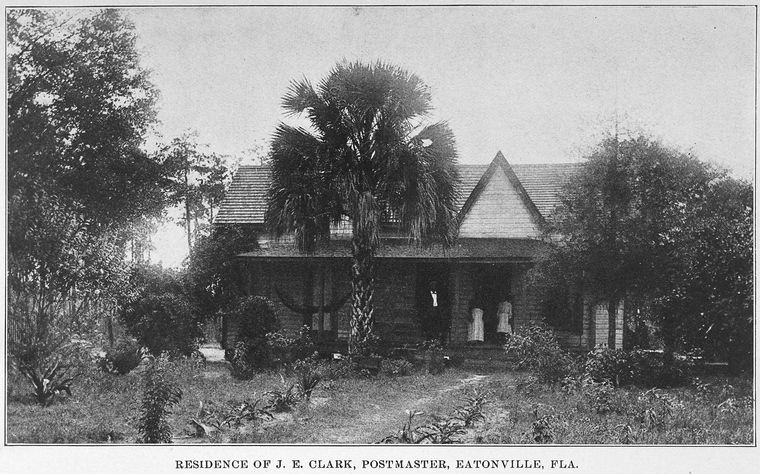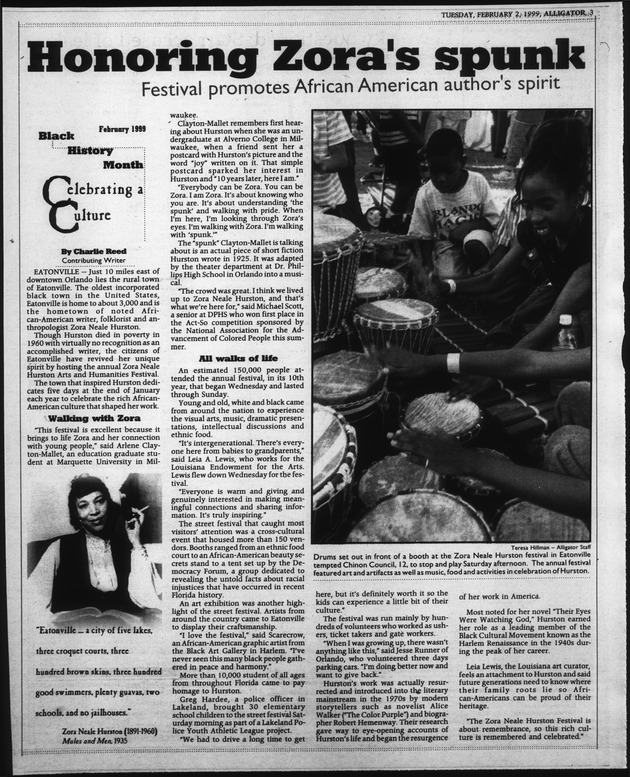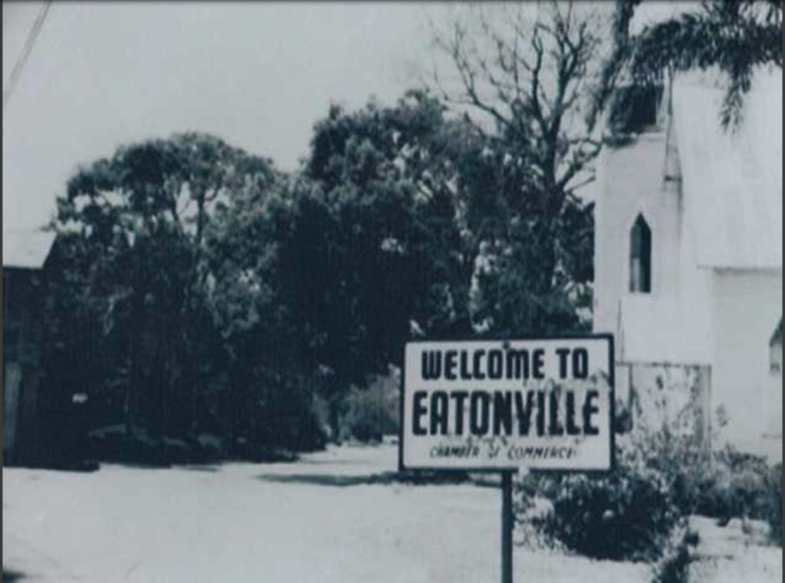Just outside Orlando and nestled between Winter Park and Maitland lies Eatonville, Florida, the first known all-Black incorporated municipality in the United States. The town was founded on August 15, 1887 by 27 Black men, who, as a requirement, were all registered voters. At one hundred and thirty-three years old, Eatonville remains a thriving community that cherishes its heritage. It is also a community that is wrestling with the ever-changing landscape and culture surrounding them. Eatonville: Holding on to History is centered upon the reflections of current community members. They recall their history, discuss the town’s changing landscape and culture, and share their hopes for the future. Viewers will hear the thoughts of Louise Franklin, Clarise Hopkins, Rose Bynum, Andra Bynum Thomas, and James Benderson. Collectively, they represent the multifaceted Black community that is committed to ensuring prosperity in their town.
Like many historically Black communities, the founders of Eatonville held in great regard the importance of religion, education, and land ownership. These elements remain central to the town today. The first established church in Eatonville, St. Lawrence AME, remains an enduring pillar of the community. Even as Eatonville grows to contain multiple churches with different denominations, the religious community remains unified. Many community members own property passed down through multiple generation, but have now come face-to-face with grueling problems. Gentrification and the extraction of resources from the area have taken a toll on the community. Eatonville no longer has a high school, and students attend other schools in the surrounding area. The very same properties once held in great esteem are increasingly being sold to outsiders. Yet, despite each of these issues, the community of Eatonville has remained strong.
While telling the story of this community, Eatonville: Holding on to History highlights historical photos of the town and its cultural events. It shows images of the Hungerford Boarding School. This large campus housed Black students from all around. It consisted of several large buildings, including one named after Booker T. Washington, who donated to the school. Eatonville is also the hometown of novelist and anthropologist Zora Neale Hurston. Sprinkled throughout the film is her influence and appreciation for her community. The film includes her singing a song she learned in Eatonville and images from Eatonville’s annual Zora Neale Hurston festival celebrating her legacy. Through the short-film, viewers get a sense of the then and now of the town.
Eatonville: Holding on to History is a story that resonates with many small Black towns around the country. Community members embrace the changes that lead to progress, but at the heart of the community remains its founders’ values and heritage. As the first known all-Black incorporated municipality in the United States, Eatonville’s story is an essential part of Black American history. This community shows it is possible to hold on to the past and look toward the future. Change and erasure are not synonymous, and combating the latter requires the community’s efforts to protect themselves and their heritage. That is what Eatonville’s community is doing, and I am thankful for the opportunity to learn from them and share their story.
Additional Reading
“About Eatonville,” http://www.townofeatonville.org/about/
“About Eatonville | Association to Preserve the Eatonville Community,” https://preserveeatonville.org/about-eatonville/
Erika Bryan, “Eatonville, Florida (1887– ),” March 9, 2016, https://www.blackpast.org/african-american-history/eatonville-florida-1887-0/
Damien Cave, “In a Town Apart, the Pride and Trials of Black Life (Published 2008),” The New York Times, September 28, 2008, sec. U.S., https://www.nytimes.com/2008/09/29/us/29florida.html.
Additional Credits
Top banner: Stephen Vincent / Alamy Stock Photo
Get Involved
Learn about forthcoming podcast episodes, newly published projects, research opportunities, public events, and more.
Potential Students


